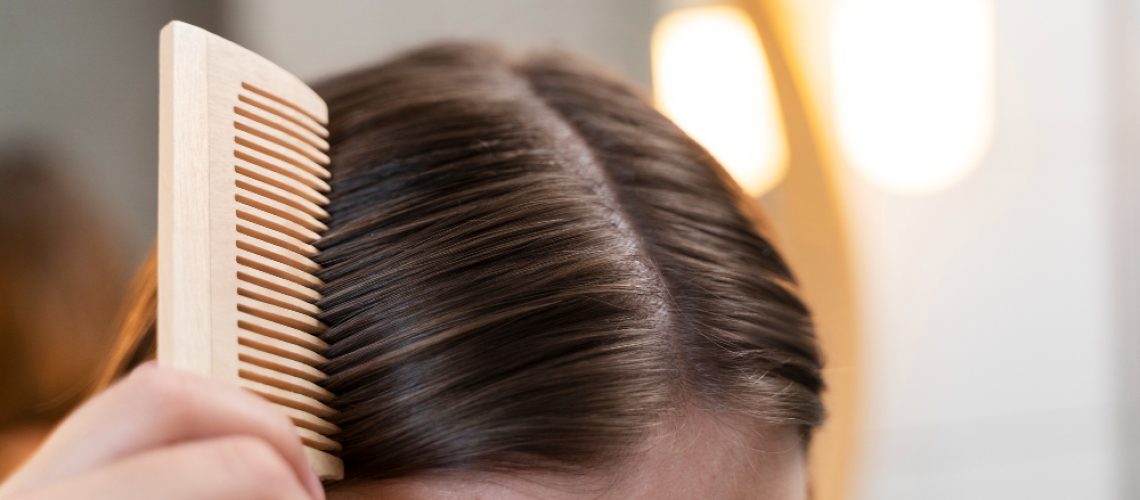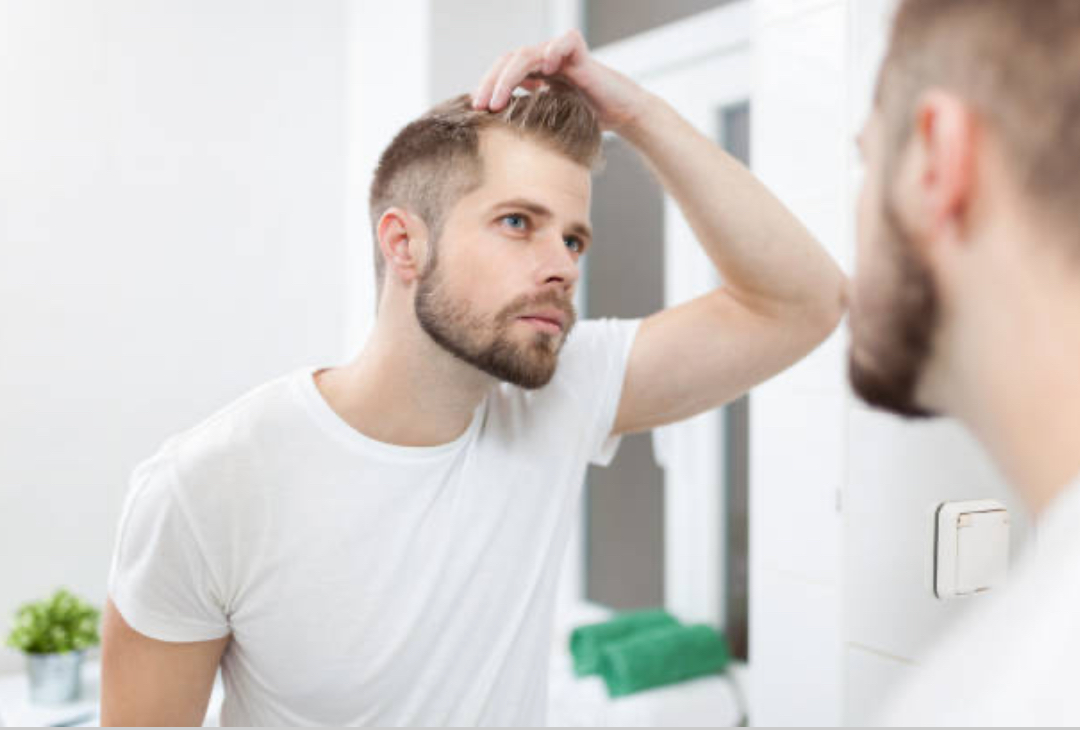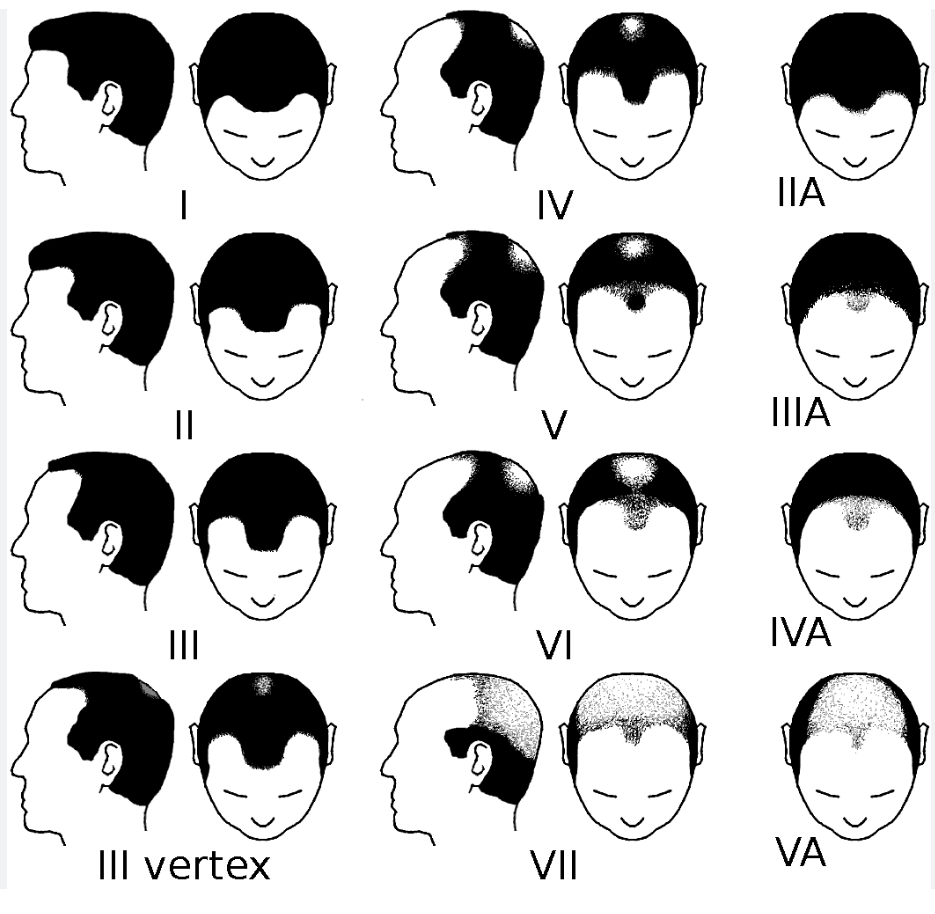Hair thinning and hair loss is a common concern that affects many of us at some point in our lives. While it can feel distressing, understanding the reasons behind it can empower us to tackle the issue. Here we take a look at some of the key factors that may contribute to hair loss.
Genetics:
One of the factors affecting hair loss is your genetic make-up. If your family has a history of thinning hair or balding, you might find yourself in a similar situation. This type of hair loss, known as androgenetic alopecia, affects both men and women and is one of the most common reasons people lose their hair.
Hormonal Changes:
Hormones play a significant role in regulating hair growth. Changes in hormone levels, such as those during pregnancy, menopause, or due to medical conditions, such as thyroid problems, can cause temporary or permanent hair loss. Many women experience thinning hair after childbirth, this is usually temporary and hair growth often returns to normal. We understand the emotional impact this can cause and offer a range of advice and treatments that can help support you.
Medical Conditions and Medication:
Certain medical conditions can lead to hair loss. Alopecia areata is an autoimmune condition where the immune system mistakenly attacks the hair follicles, leading to hair loss. Scalp infections and medical conditions can also cause hair loss. Some medications can have hair loss as a side effect. These can include medications for arthritis, cancer, depression, cardiovascular conditions and high blood pressure.
Nutritional Deficiencies:
A well-balanced diet is crucial for healthy hair growth. Lack of nutrients, such as iron, protein and vitamins, can lead to hair loss. Ensuring you get a diverse range of nutrients everyday can help to maintain and encourage healthy hair.
Stress:
Physical and emotional stress can trigger temporary hair loss. High stress levels can push the hair follicles into the resting (telogen) phase, causing hair to fall out more easily. Managing stress can be difficult with the complexity of our day-to-day lives, but encouraging relaxation techniques and lifestyle changes can help reduce our stress levels and therefore reduce its negative impact on the hair.
Hairstyling and Treatments:
Beauty routines such as tight hairstyles, ponytails and braids can negatively impact our hair growth as these hairstyles tend to pull on the hair causing traction alopecia. Similarly, harsh chemicals and heat treatments can weaken hair strands, leading to breakage and loss. Switching to comfortable hair styles can help to reduce the tension on the delicate hair strands and therefore promote growth.
Steps Towards Healthier Hair:
Understanding the causes of hair loss is the first step towards addressing it. Depending on the underlying reason, treatments can vary from medication and topical treatments to lifestyle and dietary changes. Consulting with a healthcare professional can help you identify the best cause of action for your specific situation.
Remember, hair loss is a common issue that many people face and you’re not alone. We want to support you through your experience and provide the steps with the potential to help manage or treat the condition. If you have any questions about hair thinning or hair loss, please don’t hesitate to get in contact.





